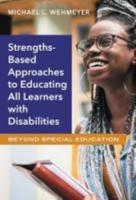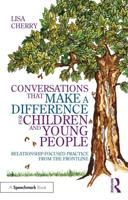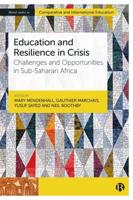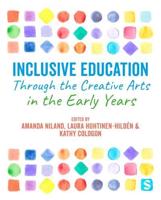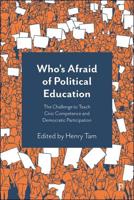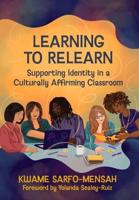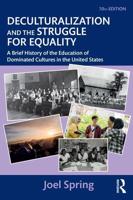Publisher's Synopsis
Supporting cultural and linguistic differences through literacy education fosters inclusive, diverse learning environments where students thrive. By recognizing and valuing students' unique cultural backgrounds and languages, literacy education can be tailored to bridge gaps and promote comprehension, communication, and critical thinking. Culturally responsive teaching methods and materials help students personally connect with the content, making learning relevant and accessible. Integrating multilingualism and diverse perspectives in literacy education enhances language skills while encouraging respect for diversity and social cohesion. Further research may help empower individuals, improving educational outcomes, and promoting an equitable society. Supporting Cultural Differences Through Literacy Education explores how literacy education can be tailored to support cultural and linguistic diversity, fostering an inclusive learning environment. It examines strategies for integrating diverse cultural perspectives and multilingual approaches to enhance literacy skills and promote social cohesion in diverse classrooms.


